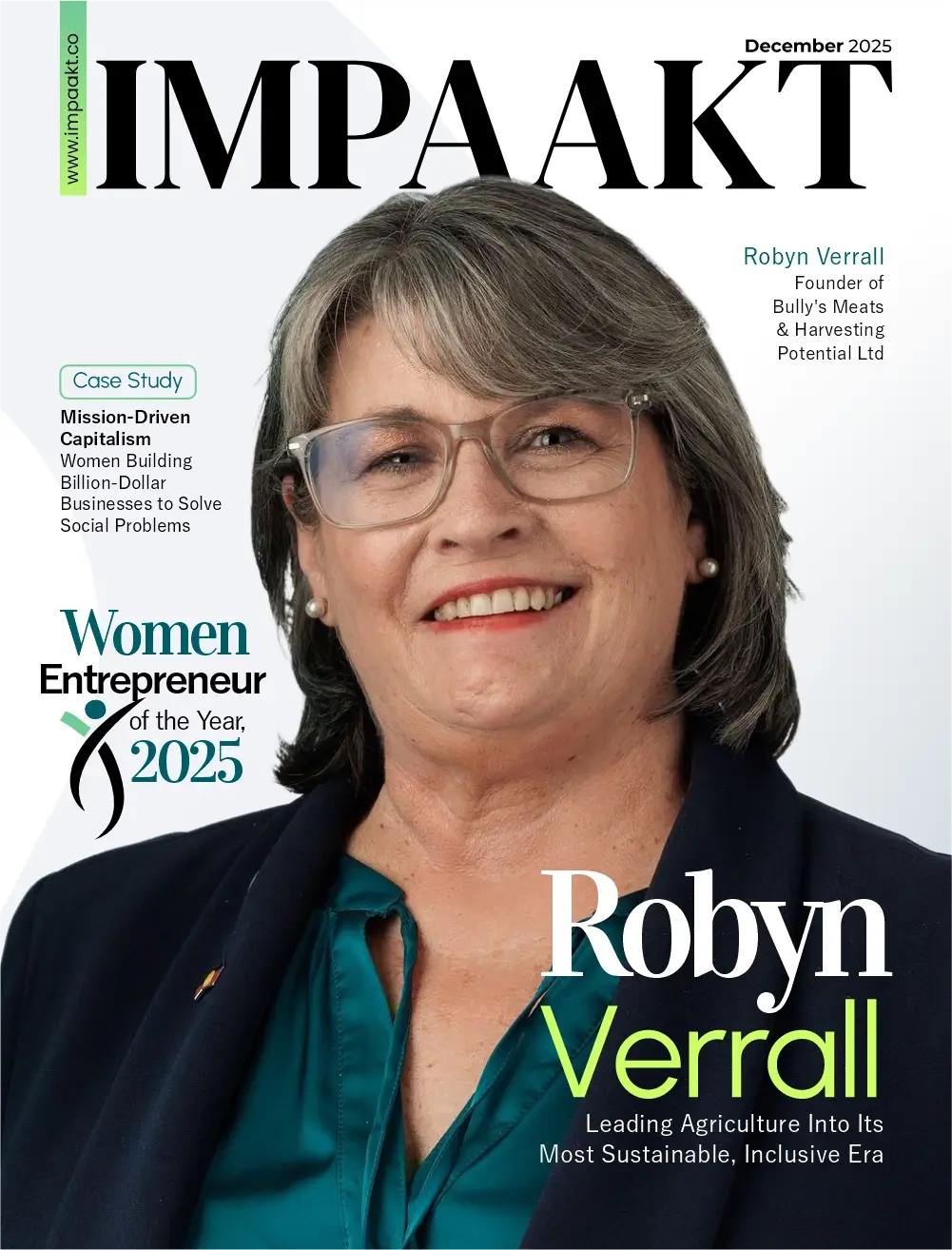Mental health has become the defining workplace issue of our time, yet it remains the most misunderstood. We’ve moved beyond awareness campaigns and destigmatization slogans, entering an era where the question is no longer should we invest in mental health, but how do we do it effectively, measurably, and at scale. This edition of our magazine, Women Leaders in Mental Health Advocacy, 2025, celebrates the leaders who refused to accept broken systems, who built solutions where none existed, and who proved that compassion and business outcomes are not mutually exclusive—they’re inseparable.
These are not stories of incremental change. These are narratives of transformation led by women who saw gaps others ignored, who took risks when the path wasn’t clear, and who built infrastructure, platforms, and movements that are reshaping how millions access care, recover, and thrive. All these leaders share one defining trait: the courage to care when it would have been far easier not to.
Our cover story brings us face-to-face with that courage in its rawest form. Dr. Wendy Smith, Ph.D., LCSW, has spent over three decades asking the question most of us avoid: what kind of childhood leads a teenager to despair, anger, or violence? Her work with foster youth and those caught in the juvenile justice system challenges us to see beyond crime statistics and courtroom verdicts. Her upcoming book, Before Their Crimes, doesn’t just document the devastating impact of early childhood trauma—it demands we confront an uncomfortable truth: prevention doesn’t begin in prison cells. It begins in nurseries, classrooms, and communities willing to invest in compassion before crisis. Dr. Smith’s blend of empathy and boldness reminds us that justice without healing is incomplete, and that understanding the roots of pain is the first step toward breaking cycles that have persisted for generations.
Beyond our cover, this edition features powerful success stories of leaders who have created seismic waves in mental health advocacy. From entrepreneurs building billion-dollar platforms that deliver precision care at scale, to philanthropists constructing mental health infrastructure in nations where none existed, these women prove that impact is measured not in intentions but in outcomes.
We’ve also included a case study that examines one of the most pressing challenges facing organizations today: how to break the access barrier in mental healthcare.
As you read these stories, I encourage you to ask yourself not what these leaders accomplished, but what made them believe it was possible when so many said it wasn’t. The answer, I think, lies in their refusal to accept that suffering is inevitable, that systems can’t change, or that compassion is soft. They understood something fundamental: mental health isn’t a luxury or a nice-to-have benefit. It’s the foundation upon which everything else—productivity, innovation, justice, community, progress—is built.
This edition is not a celebration of perfection. It’s a documentation of persistence. These leaders didn’t wait for ideal conditions or universal consensus. They started where they were, with what they had, and built solutions that scaled from one person to millions. That’s not just leadership. That’s legacy.
Welcome to Women Leaders in Mental Health Advocacy, 2025.
May these stories inspire not just admiration, but action!











